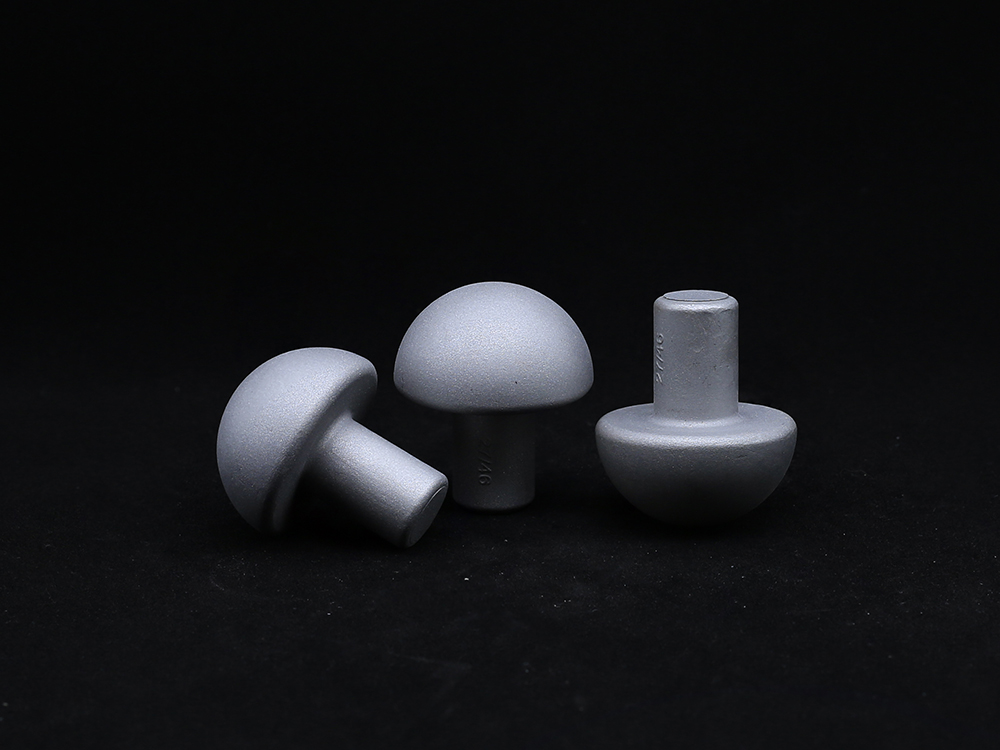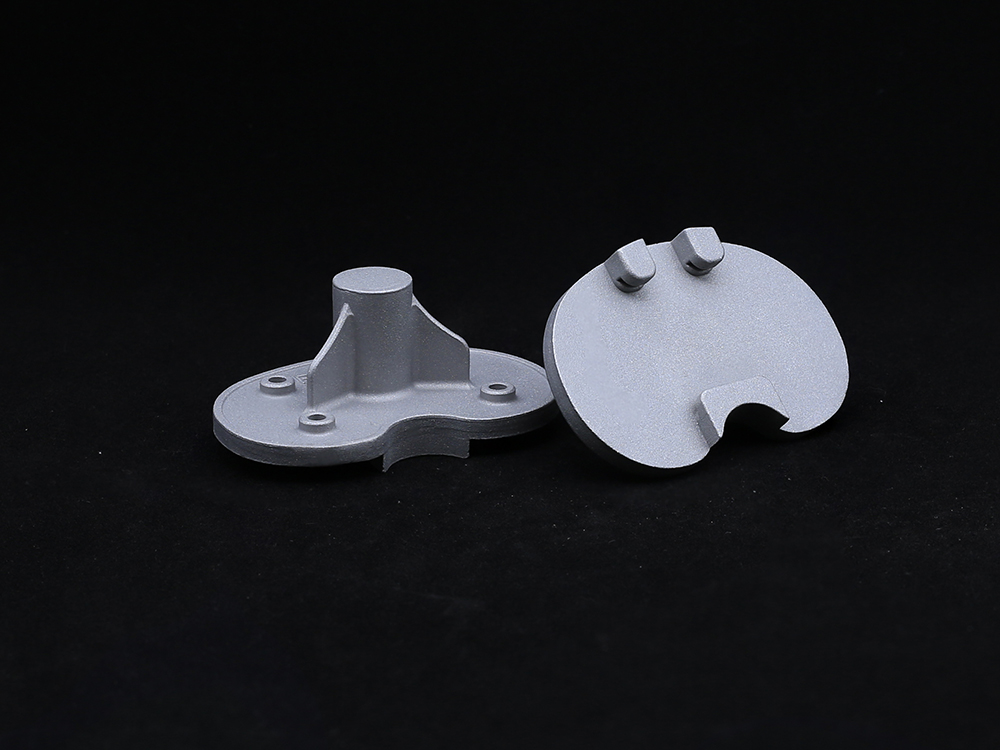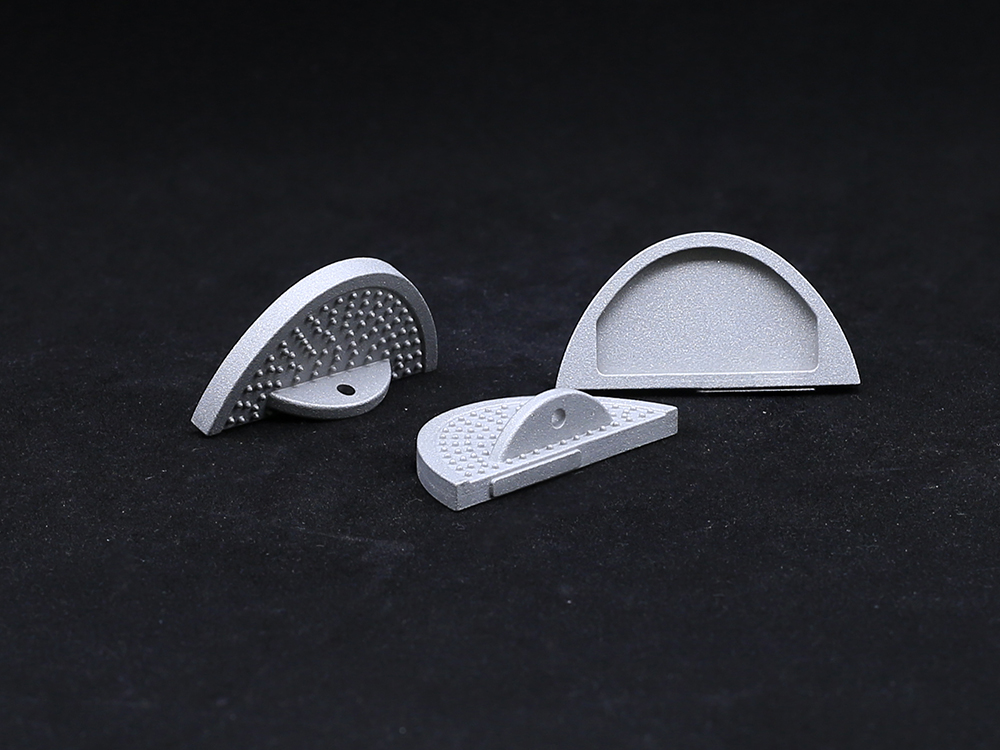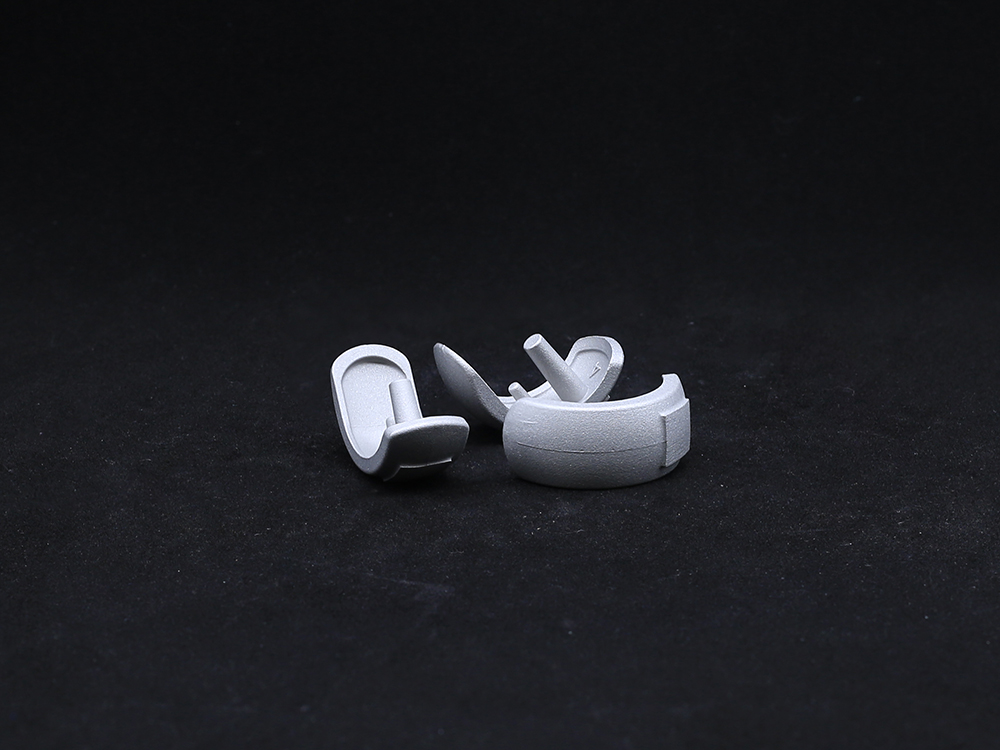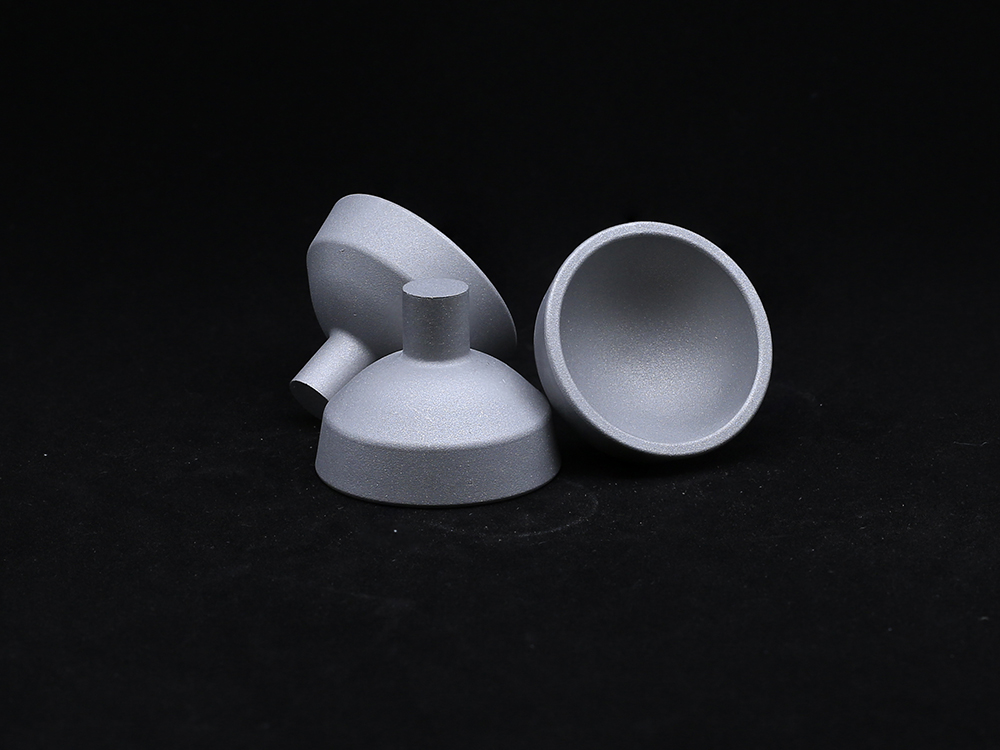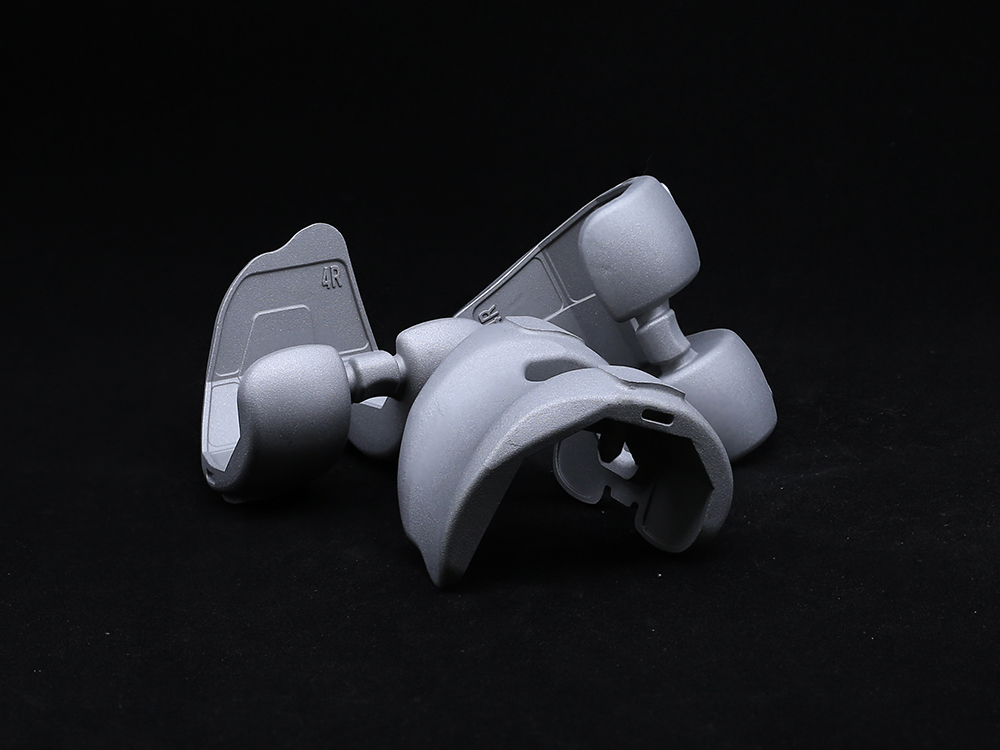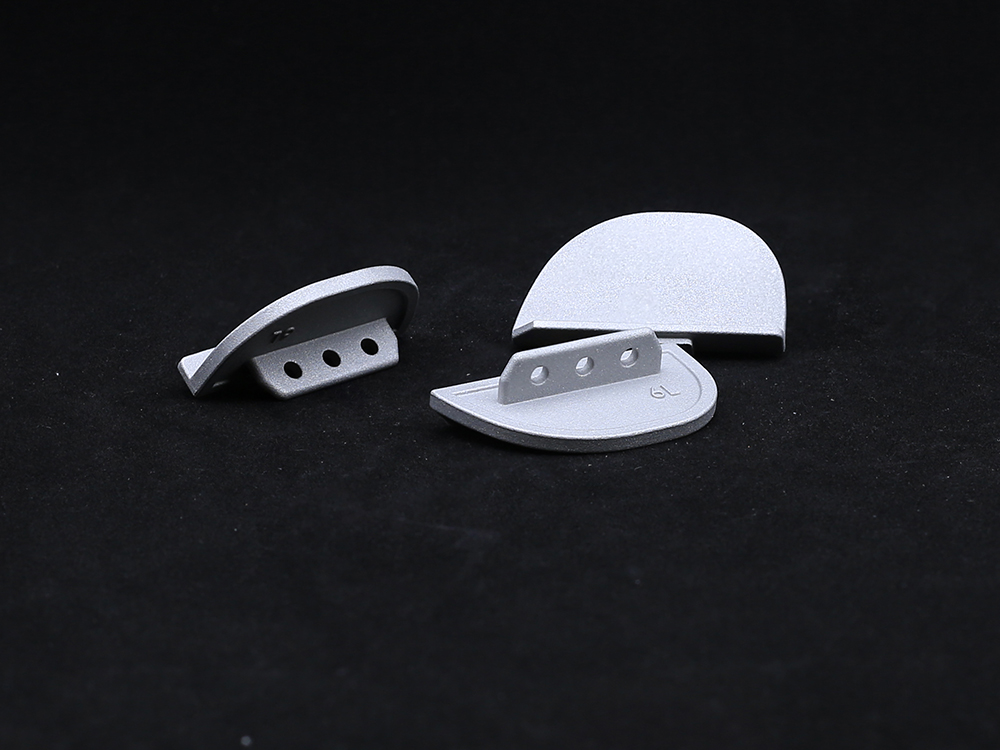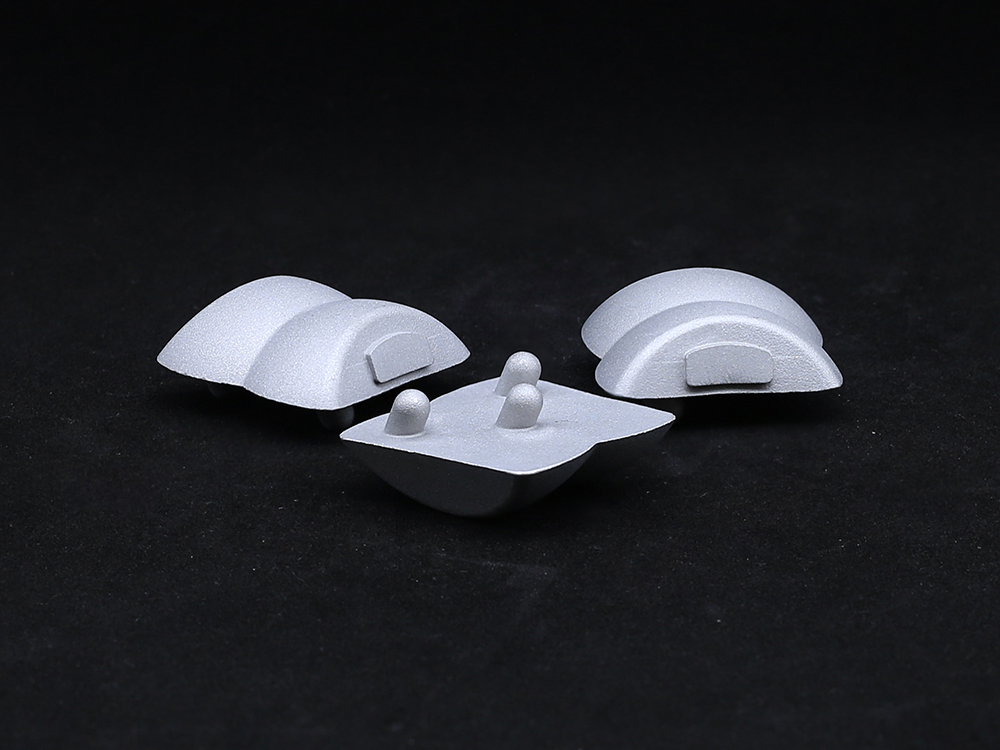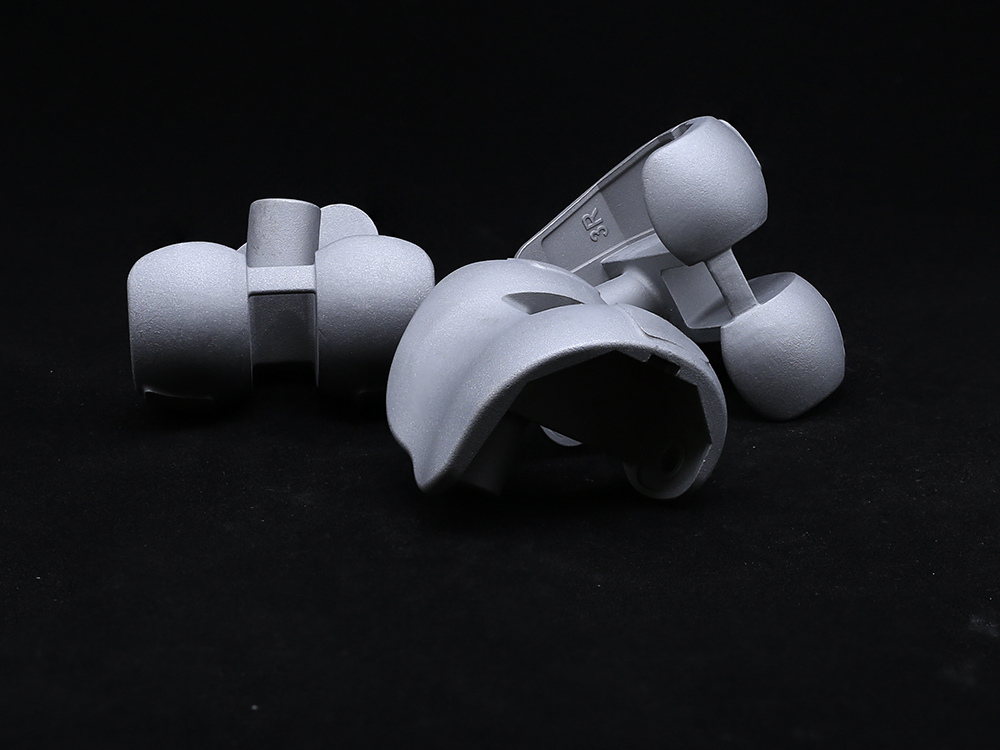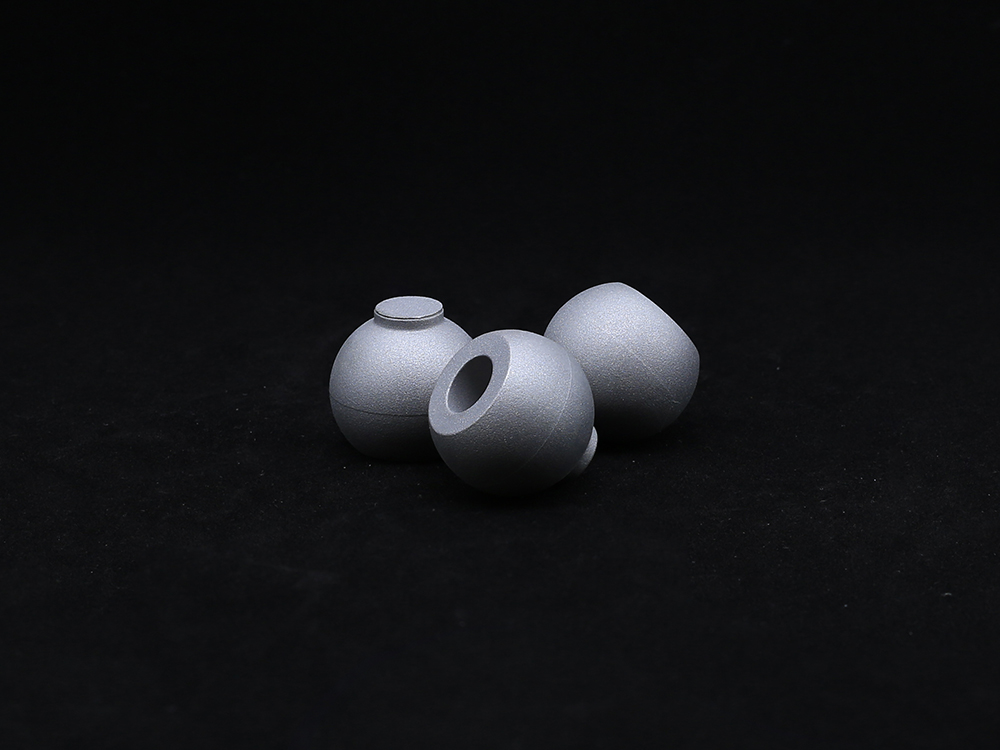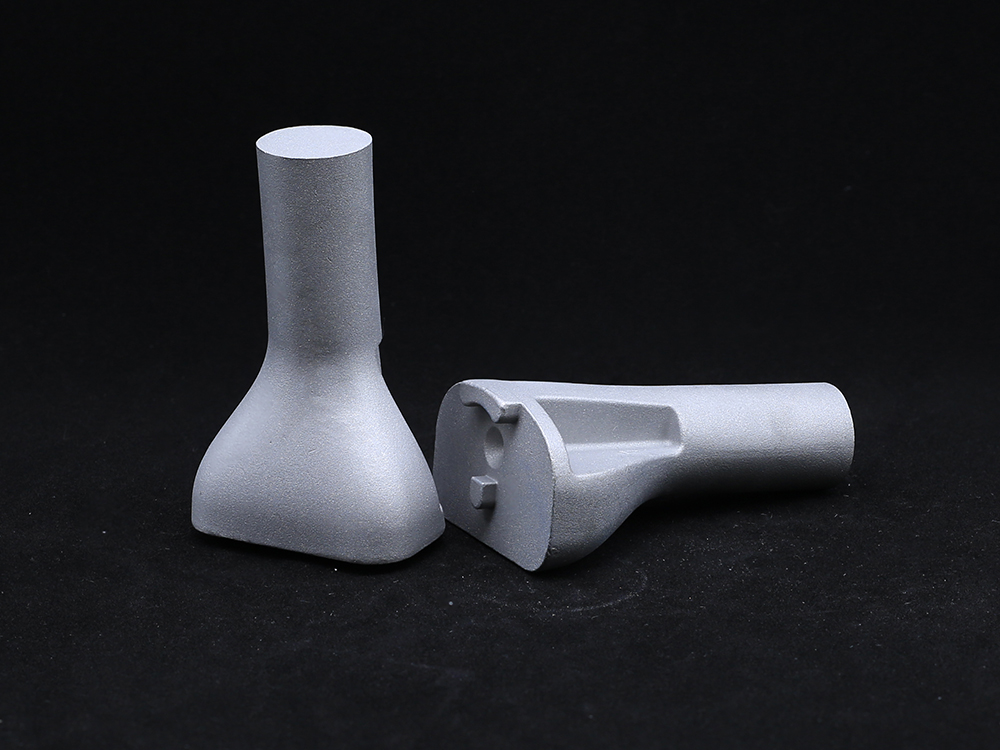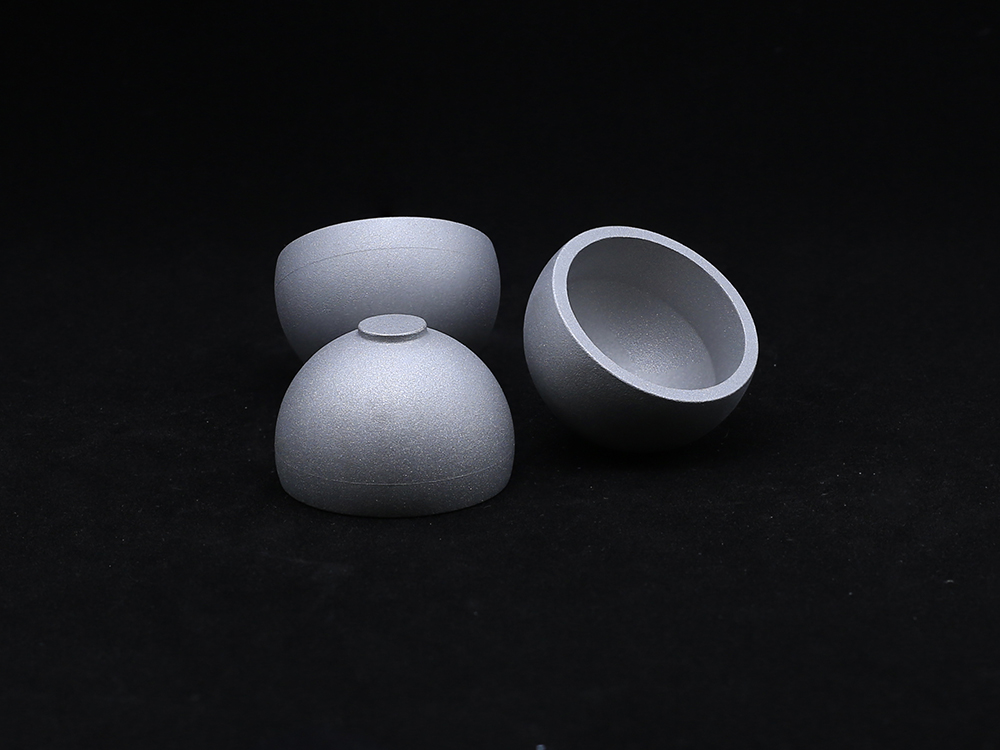Real Titanium Knee Replacement Cost
Knee replacement surgery has become one of the most effective solutions for patients suffering from chronic joint pain, osteoarthritis, or injury-induced damage. While several types of implants are available, the titanium knee replacement cost often raises questions due to its seemingly high initial price. However, when broken down into its components and compared to long-term benefits, the investment becomes more logical and, in many cases, more affordable over time.
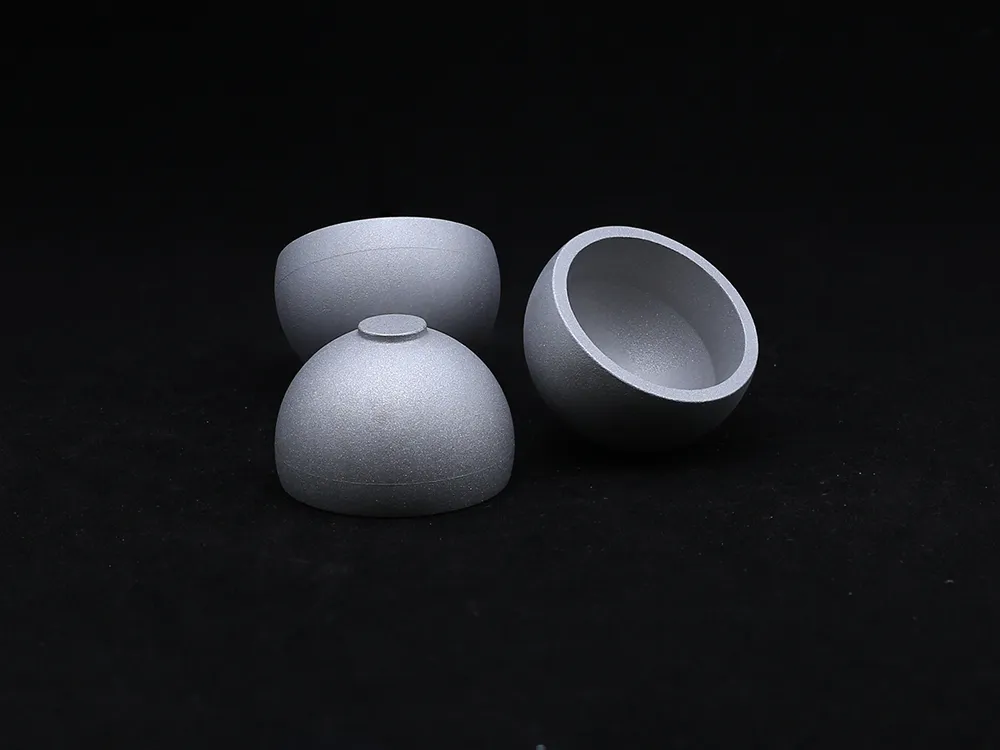
The average titanium knee replacement cost in the U.S. typically ranges between $30,000 and $60,000. This range includes hospital stay, surgeon fees, diagnostic tests, the implant itself, anesthesia, and post-surgical care. However, costs can vary depending on the hospital's reputation, the complexity of the surgery, the surgeon’s expertise, and whether you opt for public or private healthcare.
Importantly, titanium knee replacement cost should not be viewed in isolation. Unlike cheaper implants, titanium options have greater longevity, fewer complications, and a lower likelihood of revision surgery. Therefore, while upfront costs may be higher, patients save on additional surgeries, complications, and long-term maintenance. It’s not just a procedure; it’s a high-performance upgrade for your body that could last decades.
Why Titanium Alloy Knee Replacement is the Surgeon’s Top Choice
When deciding on an implant, both surgeons and patients often turn to titanium alloy knee replacement for its superior performance and biocompatibility. Titanium alloys are designed by combining pure titanium with other elements like aluminum or vanadium to enhance strength and reduce weight. The result is an implant that’s durable, lightweight, and extremely resistant to corrosion and fatigue.
The real magic of a titanium alloy knee replacement lies in how it interacts with the human body. Its lower modulus of elasticity means it more closely matches the mechanical properties of human bone. This minimizes "stress shielding"—a condition where the implant takes on too much force and the bone around it weakens. Titanium’s compatibility encourages natural bone to grow around the implant, providing a stable and long-lasting bond.
Furthermore, titanium alloys are hypoallergenic. This is a major benefit for patients sensitive to other metals such as nickel or chromium. Unlike some implants that can cause inflammation or allergic reactions, titanium alloy knee replacement ensures a smooth healing process with minimal immune response. This makes it the go-to solution for patients seeking both performance and peace of mind.
Comparing Titanium Knee Replacement Cost with Other Implant Options
The debate between materials often leads to the question: Is the higher titanium knee replacement cost justified compared to alternatives like cobalt-chromium or stainless steel implants? The short answer is yes—when long-term outcomes and patient satisfaction are taken into account.
Cobalt-chromium implants are cheaper and have good wear resistance, but they are heavier and less flexible than titanium. This can increase joint stress and accelerate bone degradation. Patients may also experience hypersensitivity or allergic reactions due to the presence of nickel or chromium. While the initial procedure may cost less, the long-term risk of complications often results in additional medical expenses, discomfort, and potentially revision surgery.
In contrast, the titanium knee replacement cost reflects not only material superiority but also reduced failure rates. Titanium implants typically last 20 years or more, while some cheaper options may require replacement in 10 to 15 years. Factoring in the cost of potential revision surgery—which often exceeds the cost of the initial procedure—titanium becomes a more economical and safer choice.
Additionally, titanium’s light weight improves patient comfort and mobility, particularly for those who live active lifestyles. Whether you're a retiree wanting to travel, or a middle-aged adult still in the workforce, titanium knee replacement offers peace of mind and physical freedom.
How Titanium Knee Replacement Enhances Quality of Life Long-Term
The goal of a titanium knee replacement isn’t just to reduce pain—it’s to restore your lifestyle. From the moment a titanium implant is placed, patients begin a journey toward mobility, independence, and greater confidence in their physical ability. The procedure can dramatically improve your quality of life, letting you return to walking, cycling, swimming, and even hiking without discomfort.
A major reason why patients experience such benefits is the durability and reliability of the titanium implant. Titanium resists corrosion from bodily fluids, is strong enough to withstand daily activities, and rarely breaks down over time. Unlike other materials that can degrade or loosen, titanium knee replacement offers decades of smooth, natural-feeling joint movement.
Many patients also report shorter recovery times and fewer post-operative complications. Titanium’s compatibility with the human body reduces inflammation, helps promote healing, and integrates more quickly with bone. This means patients can begin physical therapy sooner, regain muscle strength faster, and return to normal life without extended downtime.
In essence, titanium knee replacement is not just a surgery—it’s a restoration of lifestyle. Whether it’s picking up your grandchild, returning to your favorite sport, or just walking to the mailbox without pain, titanium technology empowers patients to reclaim their lives.
Smart Planning: Budgeting and Preparing for Titanium Knee Replacement Cost
Understanding and preparing for the titanium knee replacement cost is a vital part of the patient journey. Start by reviewing your insurance policy. Most major providers—including Medicare—cover a significant portion of the cost when the procedure is deemed medically necessary. However, the level of coverage can vary. It’s essential to ask about deductibles, co-pays, network restrictions, and preauthorization requirements.
Don’t overlook hidden costs. Physical therapy, mobility aids (such as crutches or walkers), medications, follow-up consultations, and time off work all contribute to the overall financial picture. In cases where insurance doesn't cover the full procedure, many hospitals offer financing or payment plans. Some patients also explore medical tourism options in countries like India or Turkey, where titanium knee replacement cost is significantly lower but care quality remains high.
Beyond budgeting, physical and mental preparation are key. Maintaining a healthy weight, stopping smoking, and following a pre-op exercise plan can dramatically improve surgical outcomes. Post-operative care also affects success. Adhering to a personalized rehab plan, managing your nutrition, and staying active all contribute to the long-term effectiveness of your titanium knee replacement.
Ultimately, careful planning ensures a smoother recovery, lower risk of complications, and maximum return on your investment—both physically and financially.
Titanium knee replacement FAQs
What is the average titanium knee replacement cost in the United States?
The typical titanium knee replacement cost in the U.S. ranges from $30,000 to $60,000. This includes preoperative evaluations, implant costs, surgical fees, hospital stay, and post-surgical care. Pricing varies depending on hospital location, insurance coverage, and whether you choose public or private medical services.
Is titanium knee replacement better than cobalt-chromium alternatives?
Yes. Titanium knee replacement is lighter, more biocompatible, and less likely to trigger allergic reactions. Titanium integrates better with bone due to its elasticity, reducing implant failure and improving longevity. While cobalt-chromium may be cheaper upfront, it often leads to higher complication rates and earlier revisions.
How long does a titanium alloy knee replacement last?
A well-placed titanium alloy knee replacement can last 20 years or longer. With proper care, some patients keep their implants for life. Titanium’s fatigue resistance and corrosion-proof nature help it withstand daily stress without wearing down quickly, making it ideal for active individuals.
Can people with metal allergies choose titanium knee replacement?
Absolutely. Titanium knee replacement is often the best option for patients with metal sensitivities. It’s hypoallergenic and rarely causes immune reactions, unlike implants containing nickel or cobalt. It provides peace of mind and reduces inflammation-related complications after surgery.
Does insurance cover titanium knee replacement cost?
Most insurance plans—including Medicare and many private carriers—cover a portion or even the majority of titanium knee replacement cost when it’s deemed medically necessary. However, coverage details vary. Always consult your provider to understand your benefits, including preapprovals and out-of-pocket expenses.
Get a Custom Solution!
Contact Us To Provide You With More Professional Services

